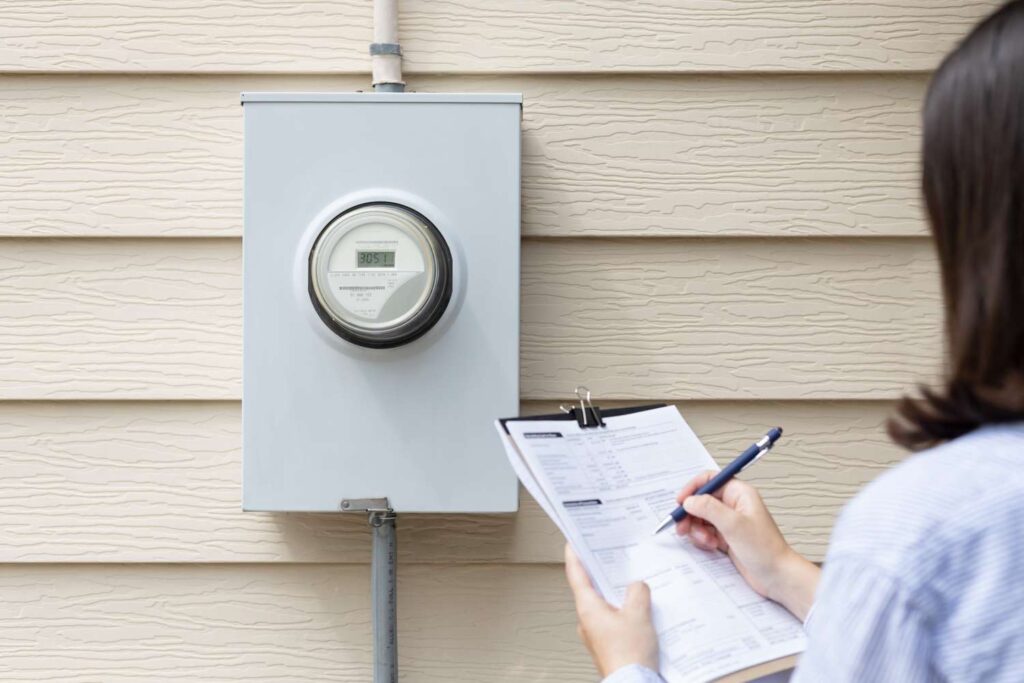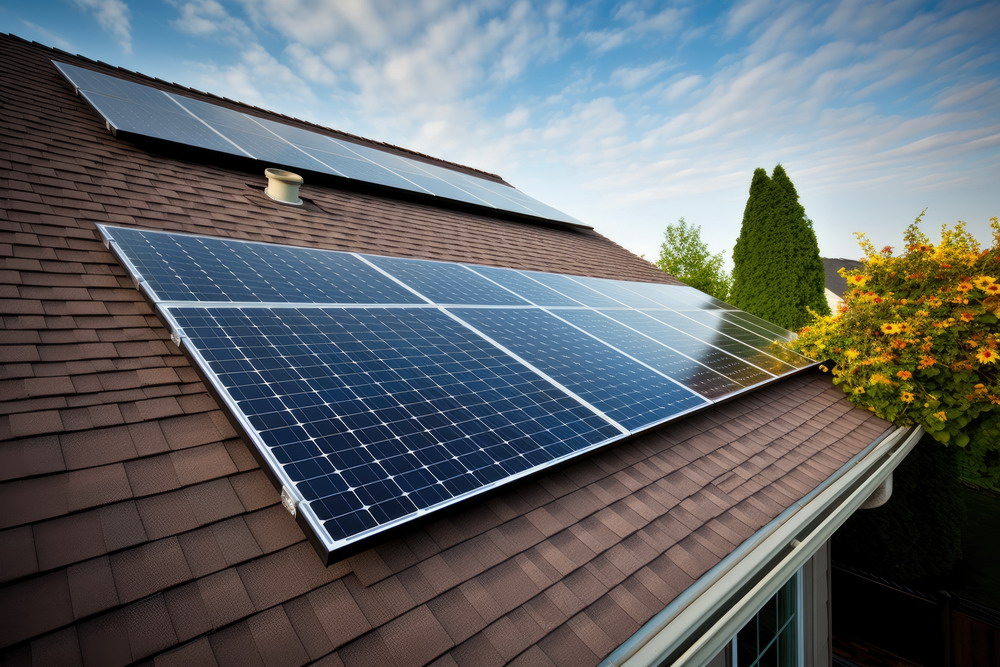Installing solar panels on your home can provide multiple economic benefits. As energy costs continue rising across the United States, solar power offers homeowners a way to lock in lower electricity rates for decades. Adding panels also increase home values and provide returns through tax incentives and sold power.
Lower and Stable Electricity Bills

One of the biggest economic perks of home solar panels is lower monthly electricity costs. Utility companies continually raise rates to account for inflation, grid improvements, profit margins and other factors.
In contrast, the “fuel” source powering solar panels systems comes free from the sun. According to the experts from solar energy company Vivint Solar, once the equipment is installed, the owner can generate electricity for decades with little to no operating costs. Maintenance involves occasionally checking connections, wiping away debris and tree trimming. These minor tasks mean predictably lower utility bills unaffected by external rate hikes.
Specific bill savings depend on array size, sunlight hours, household usage and local electricity rates. Nonetheless, a typical 5-kilowatt system in the U.S. Southwest or Midwest can slash electrical costs by 50% or more. Larger solar installations enable some homeowners to achieve nearly 100% energy bill reductions. In fact, with sufficiently sized systems, some households can even achieve net positive energy generation, meaning they actually make money selling excess power back to the grid.
Increased Property Value
Multiple research studies confirm that homes with panels sell for significantly higher prices than comparable properties without them. Buyers view residential solar energy systems as appeals rather than detractions. The panels signal lower utility expenses plus environmental responsibility from current owners.
The Lawrence Berkeley National Laboratory tracked many thousands of home sales with and without solar panels across eight states. Their data shows that buyers paid premiums of approximately $15,000 for houses with average-sized systems. This implies even more in total value since the owner also benefits from decades of lowered electricity costs and incentives.
This boost in resale value means solar panels function similarly to renovated kitchens, swimming pools and other home improvements that potentially yield positive returns on investment. Except panels tend to provide higher, more consistent financial returns across housing markets. They appeal to all types of buyers rather than niche demographics. Even in cooler northern states, homebuyers still understand the value proposition and cost savings potential of solar panels.
Tax Credits and Incentives

The federal government, certain states and some utility companies offer financial incentives to lower such green energy system costs for homeowners. These come through income tax credits, property tax exemptions, direct rebates, and solar renewable energy credits (SRECs).
The main federal tax credit equals 30% of total system costs for installation and equipment. So this incentive potentially cuts over one quarter off a typical homeowner’s solar expense. Some states like New York offer further income tax credits. State credits fluctuate annually, so interested homeowners need to research current policies.
Meanwhile, property tax exemptions eliminate the increase in assessment some counties implement for solar upgrade projects. And SRECs provide payouts for excess power added to public grids through net metering programs with utility companies. When combined, these various incentives can cover 35% to 60% of total costs and reduce payback periods.
Selling Solar Power
For homeowners receiving utility bill credits through net metering, adding solar panels systems may provide no significant income stream. Excess electricity gets tracked and subtracted from future charges. Rates and policies for these credit programs vary widely across states and electricity providers.
However, updated net metering regulations in some areas fail to make residential solar power generation lucrative. Alternative options like selling directly to the grid or community solar programs arise instead. For example, some third-party companies offer to install panels for free on ideally suited homes in exchange for purchasing all electricity generated at wholesale rates.
These scenarios transform rooftop panels into assets producing monthly cash flow for homeowners. Direct sales rate structures remain complex and involve lengthy multi-year contracts. Yet, interested homeowners can research options through solar panel system installation companies.
The possibility adds further economic advantages to residential systems on suitable properties. With wise power purchasing agreements, solar panels can generate ongoing household income for decades after installation. Some leasing contracts even guarantee annual price increases for sold electricity, providing a built-in inflation adjustment.
Ongoing Technological Improvements

In addition to financial incentives, solar panel system costs continue falling thanks to technological advancements. Improved materials and production methods make panels themselves cheaper. Smarter inverters and monitoring software also increase efficiency to capture more of the sun’s energy.
Experts predict solar power systems will become cost competitive with traditional utility power across most American regions within the next 5 to 10 years. Some analysts think grid parity could happen even sooner thanks to rising energy rates from providers. This transition means home solar technology moves closer to mainstream adoption daily.
Conclusion
From slashing electrical bills to raising home values to producing saleable power, solar panel systems provide homeowners with multiple economic opportunities. Falling equipment costs combined with incentives make residential systems financially viable across huge U.S. regions. Leveraging the full range of economic benefits involves researching state policies, making appropriate housing upgrades and identifying the best electricity rate structures. But for the savvy homeowner, rooftop solar panels offer profound money-saving potential for decades to come.
Adopting solar technology allows households to reduce expenses, build equity and potentially generate income. With such clear financial advantages from an emerging energy source, panels seem poised for greatly expanded adoption among American homeowners in the years ahead.
Beyond the household level, widespread residential solar adoption accrues environmental benefits too. Solar energy generates electricity without air and noise pollution, greenhouse gas emissions or resource extraction. As more homeowners switch to solar power, communities reap sustainability rewards from clean energy production. This transition toward decentralized, renewable electricity sources marks a paradigm shift for U.S. utilities. Roof-top panels play an integral role in accelerating sustainability while saving residents money through multiple economic incentives unique to adopting this technology.
